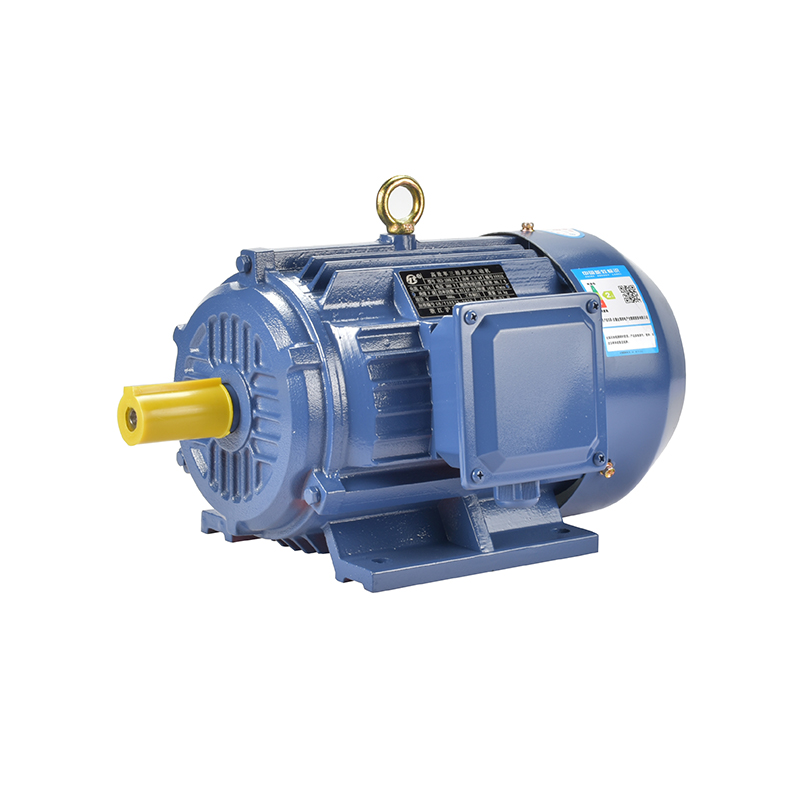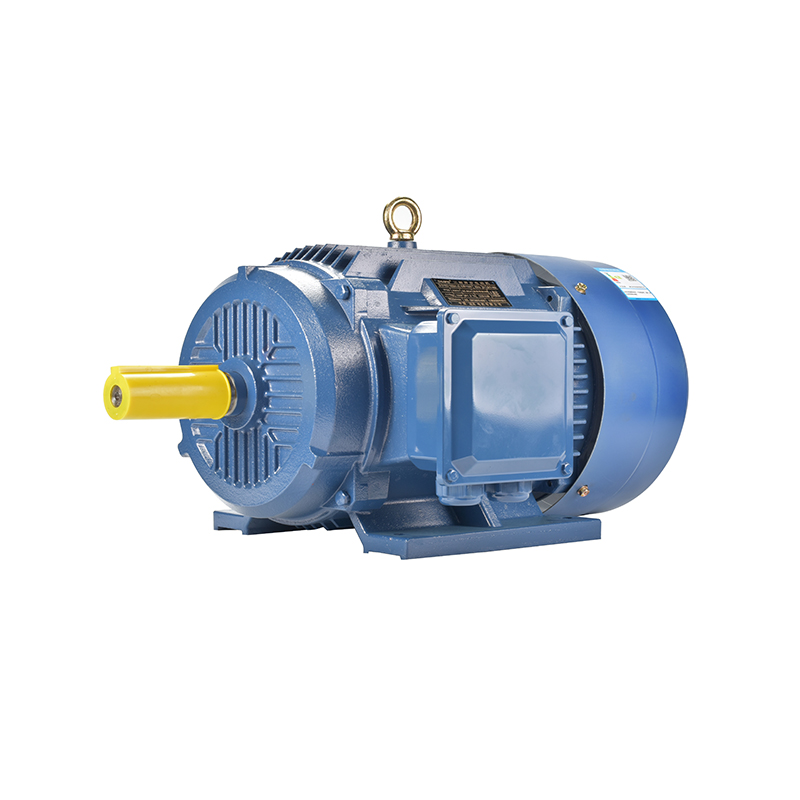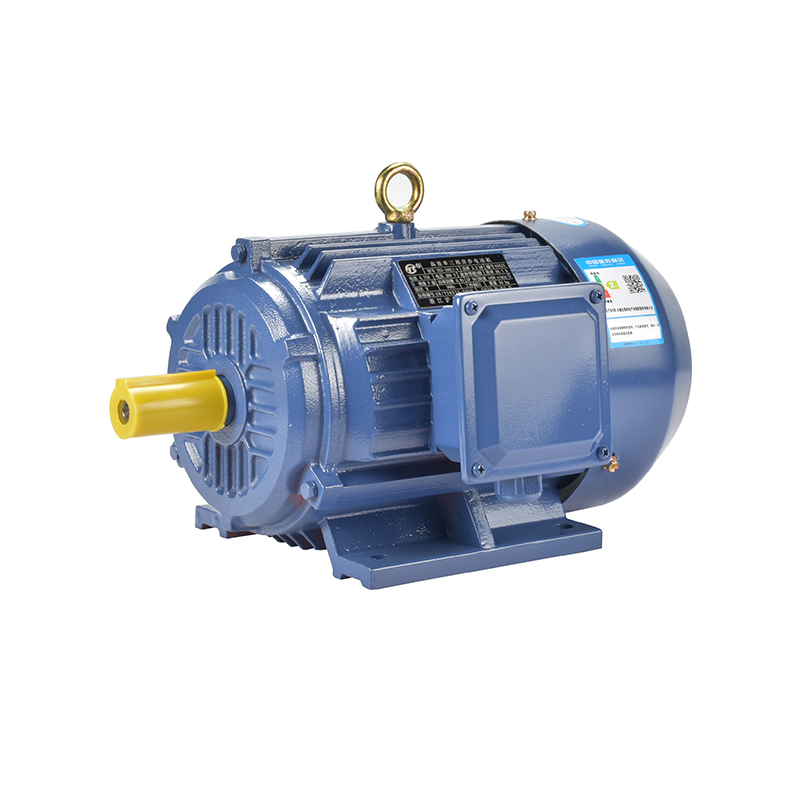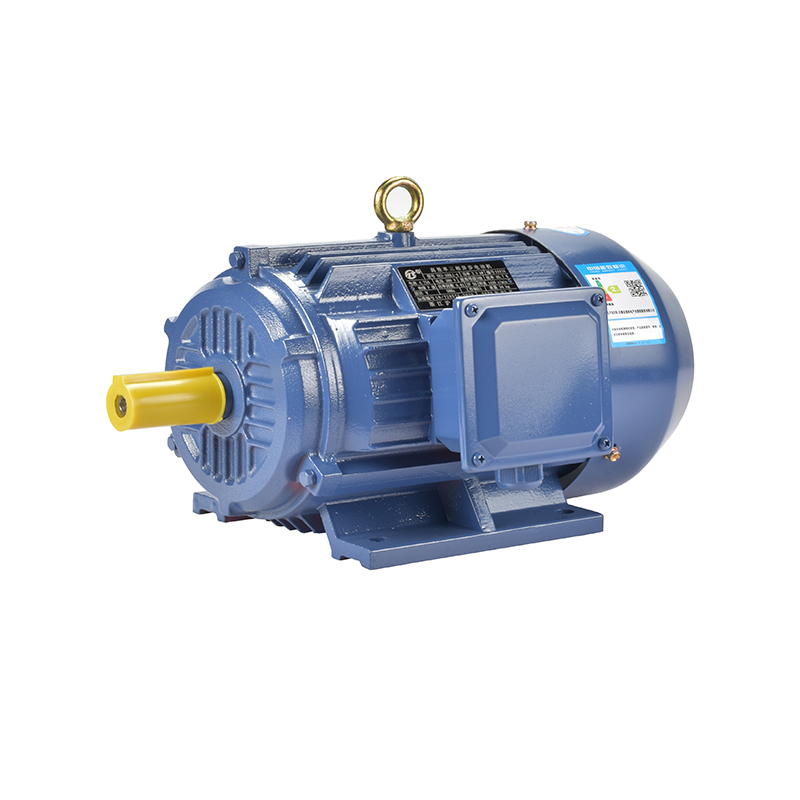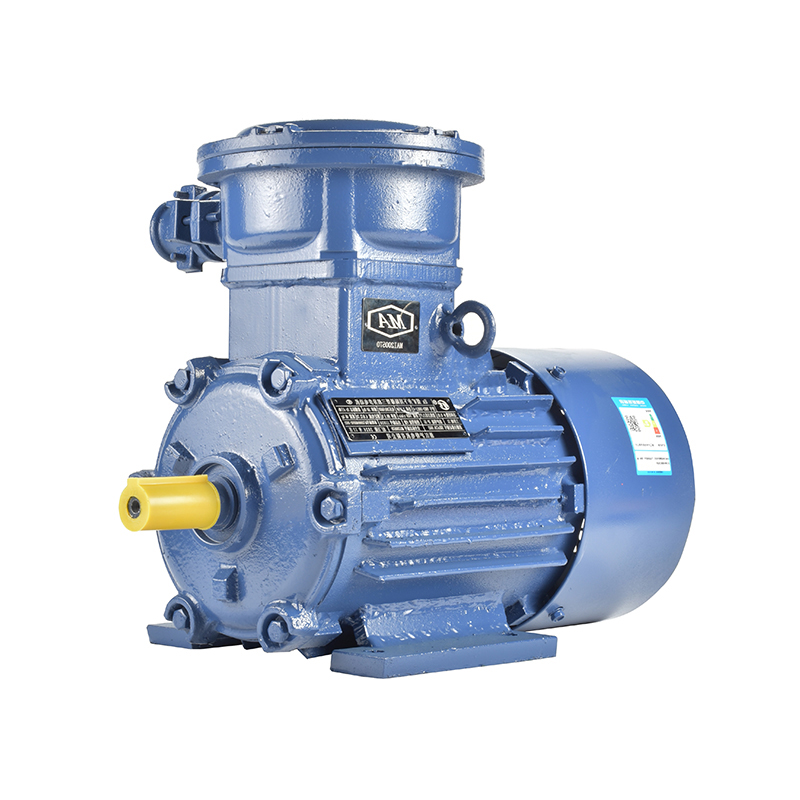How Quality Testing Improves Motor Reliability
For manufacturers of various types of motors, such as the 3 phase pump motor, single phase small AC motor, and permanent magnet AC motor, maintaining a high level of reliability requires thorough quality testing throughout the production process. Quality testing acts as a safeguard that helps identify potential defects and weaknesses before the motors reach end-users, thus reducing failures and enhancing overall durability.

Quality testing begins with raw materials and components. For example, the copper wire used in winding the stator coils must meet strict electrical and mechanical standards. Any imidealions in materials can advance to increased resistance, overheating, or premature wear. By performing incoming inspections, manufacturers ensure that materials conform to specifications, setting a strong foundation for producing reliable motors.
In the case of a 3 phase pump motor, which is commonly used in water supply, irrigation, and industrial pumping applications, the motor must withstand continuous operation under various loads and environmental conditions. Quality testing for these motors includes electrical tests such as insulation resistance measurement and high-potential (hipot) testing to verify that the insulation between windings and the motor frame can endure voltage stresses without breakdown. These tests help prevent electrical faults that could cause unexpected downtime or damage to connected equipment.
For single phase small AC motors, which are widely used in household appliances, fans, and small machinery, quality testing focuses on ensuring smooth start-up, proper torque generation, and stable operation under varying loads. Since these motors often work in compact designs, thermal testing is also essential to check heat dissipation and prevent overheating. Reliable thermal management ensures that the motor can function safely over its expected lifespan.
Permanent magnet AC motors have gained popularity in applications requiring high efficiency and precise control, such as electric vehicles and industrial automation. Their unique design, which uses magnets embedded in the rotor instead of wound coils, introduces different quality testing requirements. For instance, manufacturers must verify the magnet strength and positioning to maintain consistent torque output and avoid imbalances that can cause vibration or noise. Dynamic balancing and vibration testing are common quality checks that help improve the motor’s reliability in demanding operating conditions.
Another crucial aspect of quality testing is performance validation. Manufacturers run motors through load tests that simulate real working environments. These tests evaluate parameters like current draw, speed stability, temperature rise, and noise levels. By carefully monitoring these factors, any deviations from expected performance can be caught early. For example, if a 3 phase pump motor shows excessive vibration during load testing, it may indicate alignment issues or bearing defects, which can then be addressed before shipping.
Endurance testing is also a key step for confirming motor reliability. Motors are run continuously for extended periods to observe wear patterns and assess the durability of components such as bearings, brushes (if applicable), and insulation materials. This is especially important for permanent magnet AC motors used in applications where long service life is critical. Detecting early signs of wear during endurance testing allows manufacturers to make design or material adjustments that enhance the motor’s lifespan.
Quality control does not end after testing. Data collected from the testing process provides valuable feedback for production improvements. For example, if repeated tests reveal a particular failure mode in single phase small AC motors, the design or manufacturing process can be revised to reduce that risk. Over time, this iterative approach helps manufacturers refine their processes, pilot to more consistent and reliable motor output.
Besides laboratory and production line testing, field testing also plays a role in improving motor reliability. Gathering data from motors operating in real-world conditions offers insights that controlled tests might not capture. Feedback from customers using 3 phase pump motors in industrial settings or permanent magnet AC motors in precision equipment informs manufacturers about performance under diverse scenarios, enabling targeted improvements.
Ultimately, quality testing strengthens the reputation of motor manufacturers by delivering products that meet or exceed user expectations. Motors that undergo rigorous inspection and testing provide users with confidence that their equipment will operate dependably with small maintenance interruptions. This reliability not only benefits the end-users but also supports sustainable production by reducing returns and warranty claims.
In summary, the reliability of various types of motors—whether it is a 3 phase pump motor designed for industrial applications, a single phase small AC motor used in everyday appliances, or a permanent magnet AC motor for specialized uses—is significantly influenced by the thoroughness of quality testing. From material inspection and electrical tests to performance validation and endurance trials, quality testing helps ensure that motors perform safely and effectively throughout their intended service life. As the motor industry continues to evolve, maintaining rigorous quality standards remains a fundamental practice for producing motors that users can rely on in their daily operations.
-
Feedback



 English
English русский
русский Español
Español عربى
عربى

